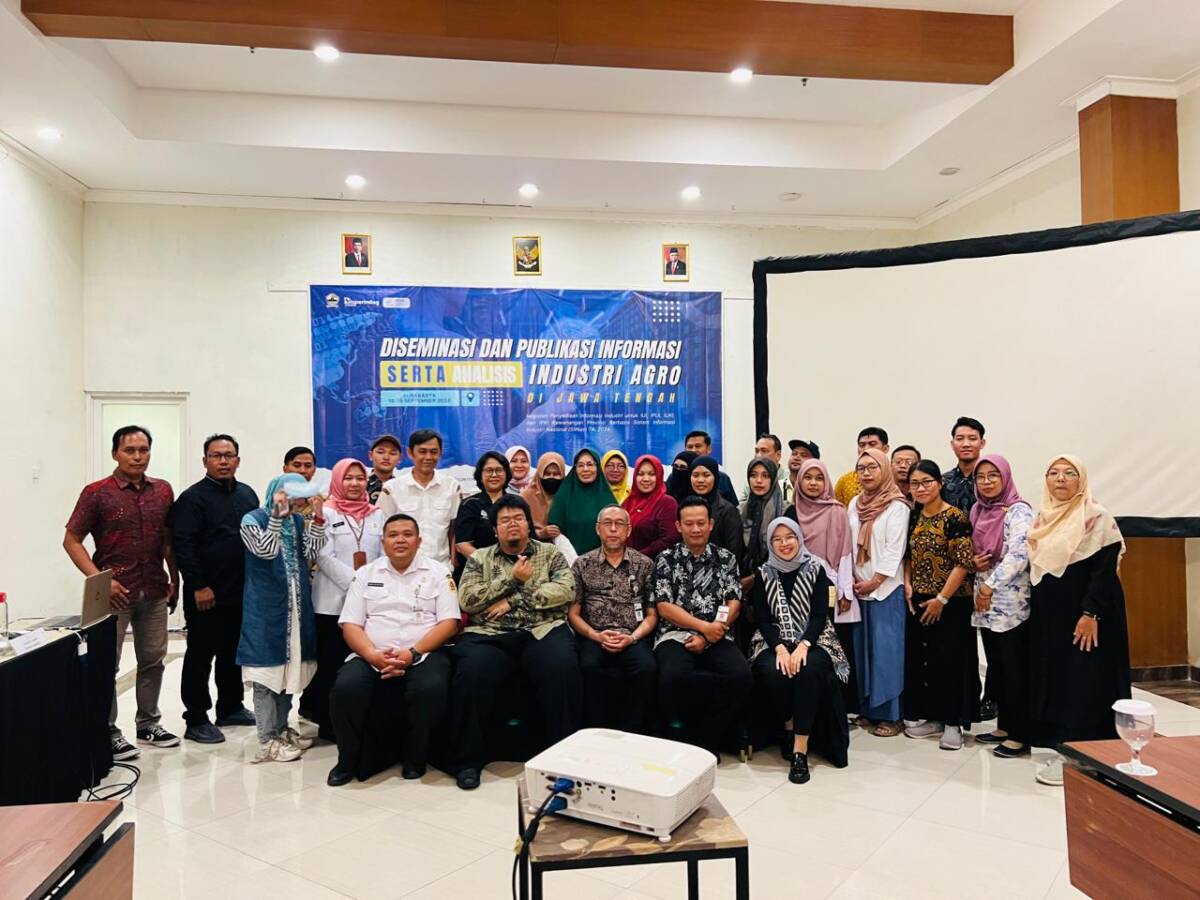Surakarta, September 18, 2024 – As the climate crisis becomes increasingly real, the transformation of Small and Medium Enterprises (SMEs) is essential as a decarbonization step. Several strategies can be implemented, such as electrification, utilization of renewable energy, hydrogen development, and energy efficiency improvements. This was highlighted by Farid Wijaya, Senior Analyst at the Institute for Essential Services Reform (IESR), during a dissemination event on green industry decarbonization efforts for SMEs in Surakarta, Central Java, on Wednesday (September 18, 2024).
“There are six key factors that contribute to emissions in the industry, including energy consumption, material usage, production processes, loss of land function for CO2 absorption, various forms of unnecessary waste such us waste materials that are unused or production defects that lead to increased waste, which in turn triggers higher emissions, and waste management. Central Java, which has many agro-industries, including textiles and food, is a strategic area in supporting the local economy,” said Farid.
Furthermore, Farid emphasized that accurate recording and data collection are critical foundations for business activities. The recording and data collection of energy, material, product usage, and waste generated can serve as references for identifying trends, potential, setting targets, and verifying achievements. This is particularly important in the context of mitigating global warming and addressing the threats of climate change, which heavily emphasize energy usage and greenhouse gas emissions.
“Without proper recording and data collection, there is no basis for decision-making by internal management or government regulators. This process needs to be carried out not only by large industries but also by medium, small, and even micro-enterprises. This way, the data collected can be comprehensive and help regulators formulate policies that can protect all sectors and scales of industry,” Farid stated.
Moreover, Farid noted that effective energy and material management, including the use of accurate measuring tools and real-time monitoring, allows for quick problem identification and the development of more efficient energy management plans. Therefore, he recommends that SMEs implement energy management systems and carbon footprint approaches to monitor the impacts of industrial products.
The dissemination event for green industrial decarbonization efforts was organized by the Institute for Essential Services Reform (IESR) in collaboration with the Department of Industry and Trade (Disperindag) of Central Java Province. It took place over two days on September 18-19, 2024, and was attended by 35 participants from small and medium enterprises in Surakarta, also representatives from the local government.

